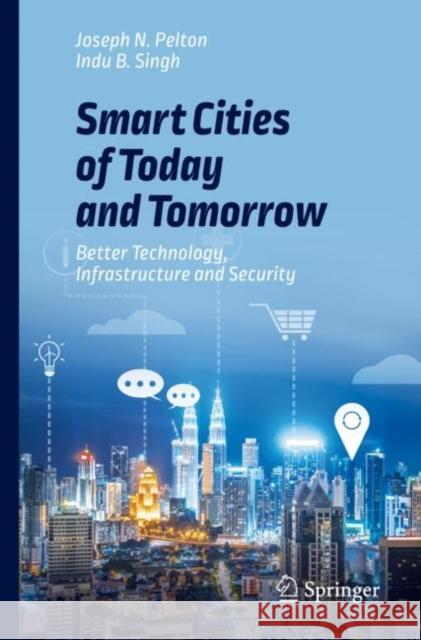Smart Cities of Today and Tomorrow: Better Technology, Infrastructure and Security » książka
topmenu
Smart Cities of Today and Tomorrow: Better Technology, Infrastructure and Security
ISBN-13: 9783319958217 / Angielski / Miękka / 2018 / 270 str.
Kategorie:
Kategorie BISAC:
Wydawca:
Springer
Język:
Angielski
ISBN-13:
9783319958217
Rok wydania:
2018
Wydanie:
2019
Ilość stron:
270
Waga:
0.45 kg
Wymiary:
23.4 x 15.7 x 1.7
Oprawa:
Miękka
Wolumenów:
01
Dodatkowe informacje:
Glosariusz/słownik
Wydanie ilustrowane
Wydanie ilustrowane











